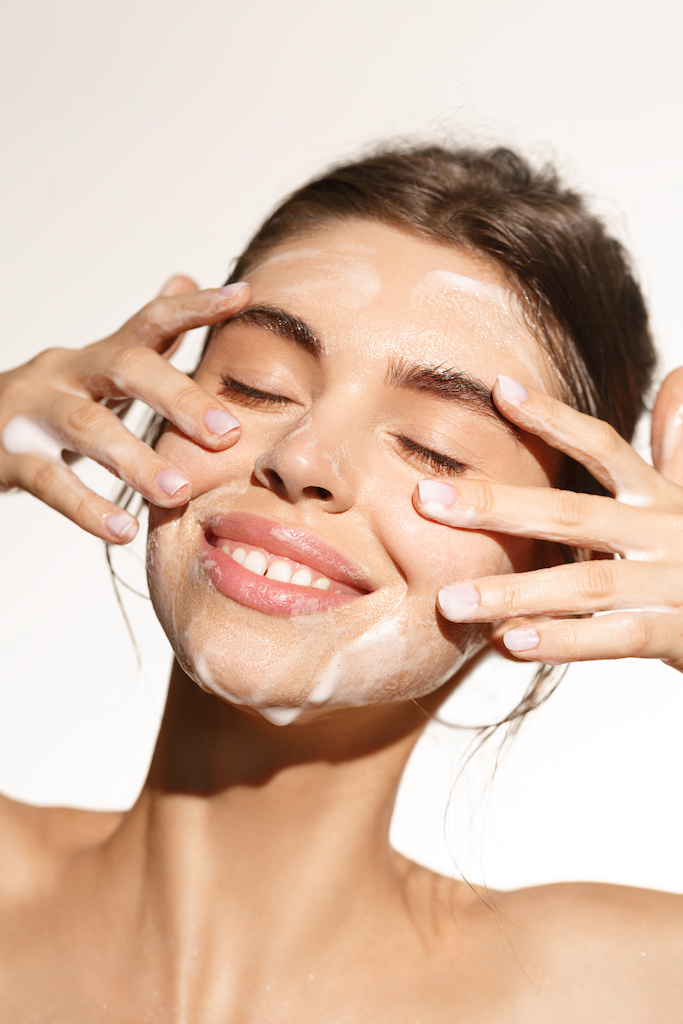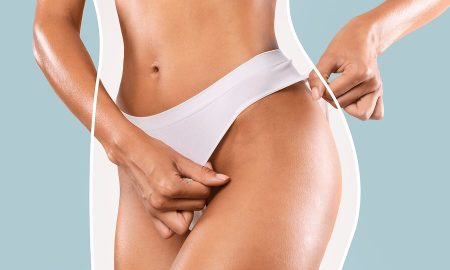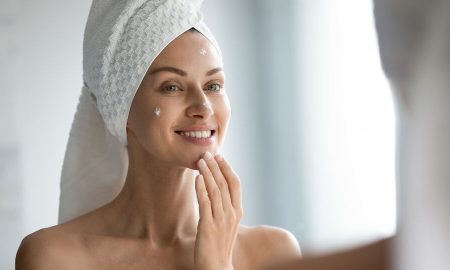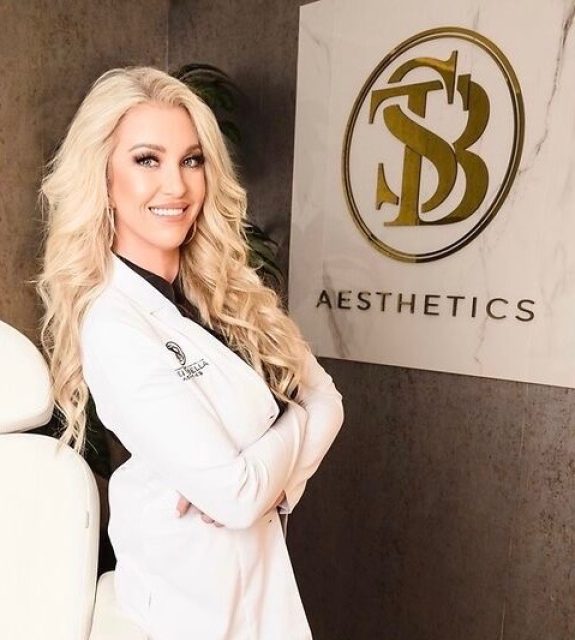
What is that one item in your skincare routine that you can not live without? For some, it could be a moisturizer, but for others (like ourselves), it's a cleanser. We find it to be more than just an essential. It is the one thing we look forward to the second we wake up, and the minute we get home from a day out. As a cleanser seems to have an obvious goal of "cleansing" your skin, we wonder, is that the only purpose? To find out all the washed-over details regarding cleansers, Haute Beauty sat down with Haute Beauty expert Dr. Omar Ibrahimi. Here's what he shared:
What is the key purpose of a cleanser?
Cleansing is a foundational step in skin care. It helps remove dirt and makeup but should also leave behind key moisturizing molecules of the skin. A good cleanser helps you get the best out of your skincare routine.
What are the types of cleansers available?
There are a variety of cleaners that are available and can be picked based on your specific needs and skin type. Typically the broad classes are dry skin, oily or acne-prone, combination skin, and also sensitive skin.
What is your go-to cleanser?
I have oily skin, so I love to use the CeraVe foaming facial cleanser.

How can you decide which cleanser to use on your skin?
You want to figure out which skin type you have, which is usually pretty easy for most folks. Oftentimes you can get small samples of cleansers from your medical dermatologists to try before you buy.
How often should you cleanse your skin?
Once or twice a day is what I recommend. If you wear makeup, it's usually good to remove it all at bedtime with your preferred cleanser.
Is there a certain ingredient you should avoid?
For those with sensitive skin, you want to avoid any exfoliating ingredients like salicylic acid or other aggressive cleansers. Ensure the product has ceramides or hyaluronic acids to help maintain the skin barrier and keep it hydrated.
























